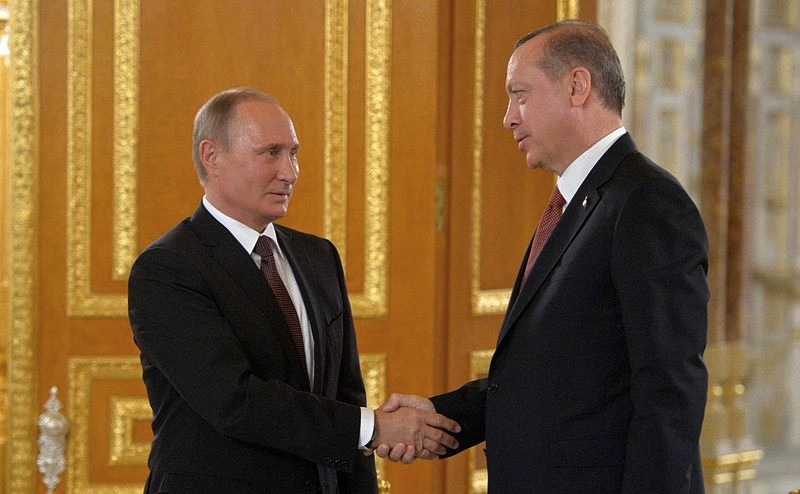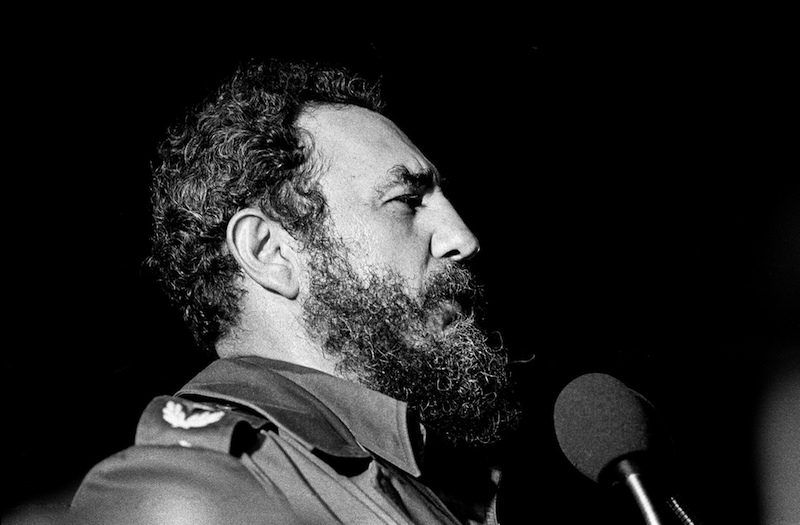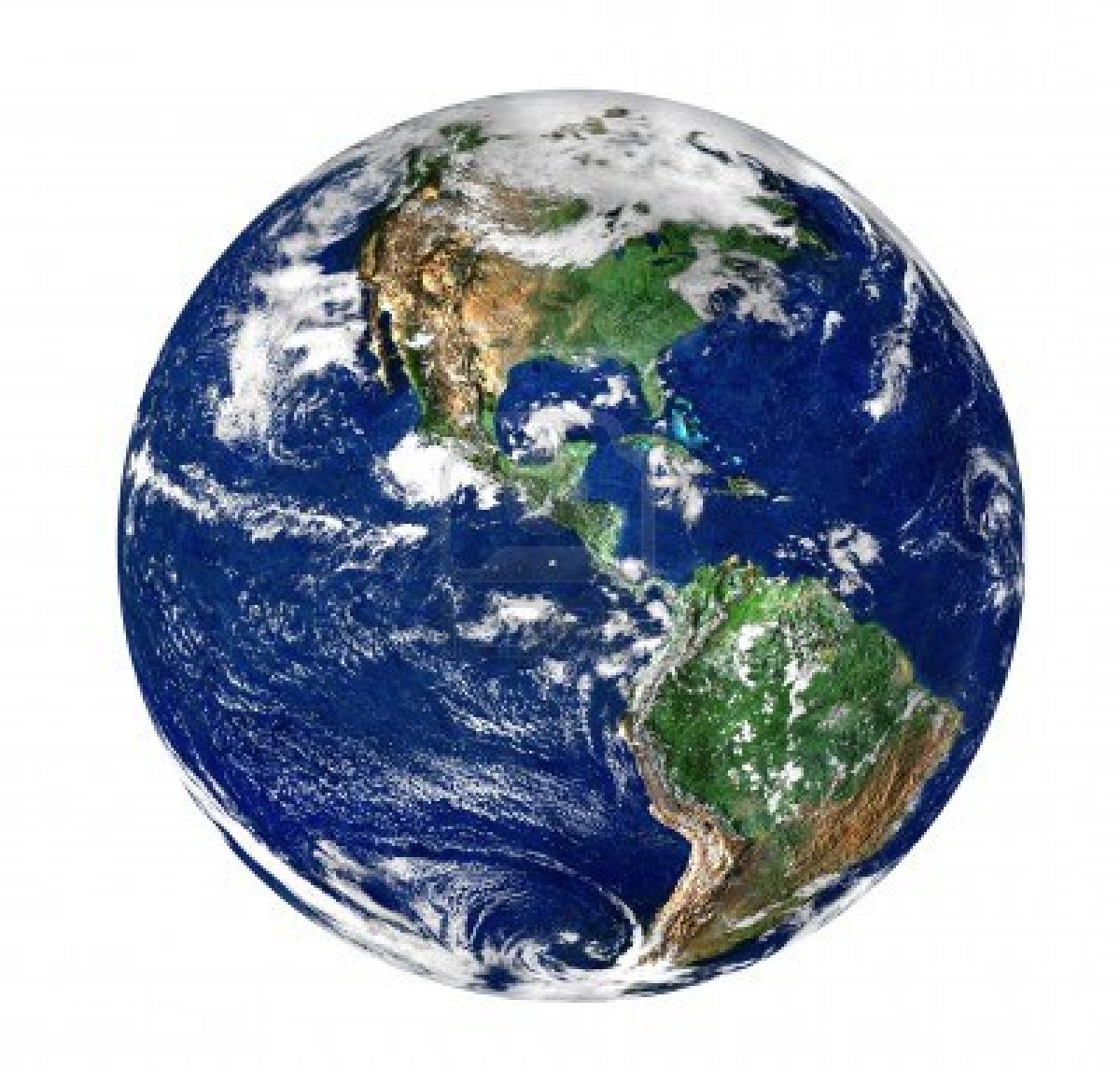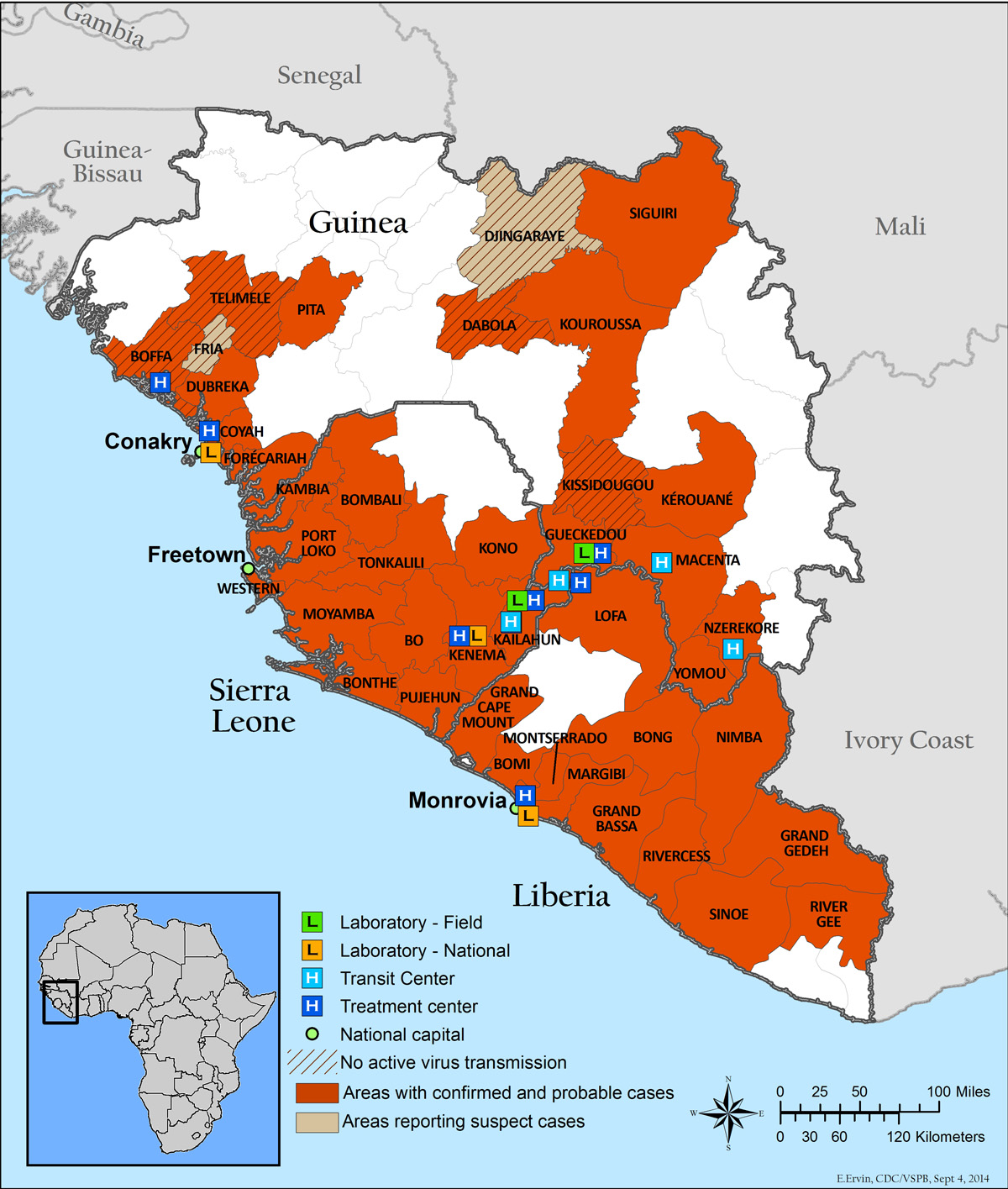In November, 2015, Turkish forces shot down a Russian warplane that was near the Turkey-Syria border, killing the pilot and the passenger. Russia responded by imposing economic sanctions on Turkey. In December, 2016, the Russian ambassador to Turkey was shot and killed. Turkey is a NATO member, while Russia is decidedly not. Russia supports President Bashar Al-Assad in Syria, while Turkey denounced his regime.
Nevertheless, Turkey has been shifting closer towards Russia than NATO ally United States. This was especially evident when Russia, Iran and Turkey met for a discussion on Syria that excluded the United States and the United Nations. At last, these talks culminated with a new ceasefire agreement on December 28, 2016, with Russia and Turkey as guarantors.
Russian and Turkish Involvement in Syria
In 2011, Turkey condemned Assad’s regime and started a campaign to assist the oppositional front against the leader. It has sheltered more than two million Syrian refugees and has declared war against ISIS (Islamic State of Iraq and the Levant) and Syrian Kurdish rebel groups. These include the Kurdish People’s Protection Units (YPG) and the Syrian Democratic Forces (SDF) who are allies of the United States in the fight against ISIS and other Islamic fundamentalist groups, such as the Al-Nusra Front. While Turkey opposes Assad and prefers the revival of democracy in Syria, it does not support the Kurdish groups, as it believes they are another form of the Kurdistan Worker’s Party (PKK) that advocates Kurdish autonomy and secession from Turkey and Syria.
Russia is allied with Bashar Al-Assad and has consistently launched air strikes against oppositional groups in Syria. It has blocked UN resolutions that denounce Assad in the Security Council and has supplied weapons to the Syrian military in order to attack rebel groups. Russia states that it only targets the ‘terrorists’ such as the Al-Nusra Front and ISIS, but Russian airstrikes have killed Western-backed rebel groups and have often targeted hospitals and safe havens, especially in Aleppo. Russia is not entirely happy with Assad and his tactics to skew parliamentary elections in his favour. Regardless, the Kremlin will likely continue efforts to support Assad and his army in defeating all rebel forces, including those that are affiliated with Turkey and the West.
The Current Ceasefire Agreement
On December 28, 2016, Russia drafted a resolution for a ceasefire to begin at midnight. Both Assad and oppositional groups agreed to the arrangement, and it was imposed at 12:00am on December 29, in Ankara. There were reports of some skirmishes in the following days, with the Syrian military cracking down on rebel groups in 20 raids, and military warplanes that attacked in the rebel-held Wadi Barada valley. The ceasefire is shaky with small bouts of violence in different areas, but most groups are generally holding back from further action.
The UN Security Council adopted the agreement on December 31 with Resolution 2336. In the report, the Council states that it supports the ‘efforts by Russia and Turkey to end violence in Syria and jumpstart a political process’. If the ceasefire is continued, the two nations will hold peace talks between the Syrian government and seven opposition groups in Astana, Kazakhstan.
What about Other Allies and NATO?
Turkey and Russia are locked in a complicated web of geopolitics and will need to keep the support of Iran and the United States to maintain their hold on Syria. The two nations must pacify the United States by limiting attacks against Western-backed rebels in Syria, the United States’ deliberate exclusion from the ceasefire proves that their anti-Assad interests will not be preserved if the ceasefire continues. For Iran, the main effort in Syria is to support the Syrian army and to keep Assad in power.
There are reports that Russia and Turkey are compromising their interests in Syria for mutual benefit. Turkey is easing up on Assad and Russia may assist Turkey to halt Kurdish autonomy movements in northern Syria. For Turkey, this is a major blow as it is grudgingly accepting that Assad will have a major role in Syria if Russia is one of the main parties in the ceasefire. “Our priority is not to see Assad go, but for terrorism to be defeated,” a senior Turkish government official stated. In global governance, Turkey could be willing to consider Russian interests in NATO, especially if the United States continues friendlier relations with Moscow. This could affect NATO operations in the Baltic States where Russia is posed as a direct opponent, also to other Western-backed countries such as Ukraine. It is clear that there is a major shift in geopolitics skewed in favour of Turkey and Russia, especially in the context of peace in war-torn Syria.
Photo:President of Russia Vladimir Putin met with President of Turkey Recep Tayyip Erdogan following a special session of the 23rd World Energy Congress (2016), by The Presidential Press and Information Office via Wikimedia Commons. Licensed under CC BY 4.0.
Disclaimer: Any views or opinions expressed in articles are solely those of the authors and do not necessarily represent the views of the NATO Association of Canada.




